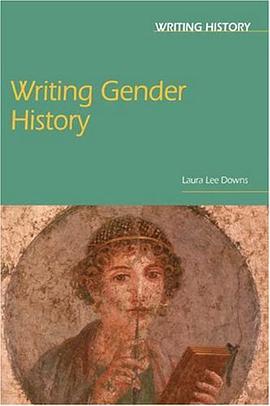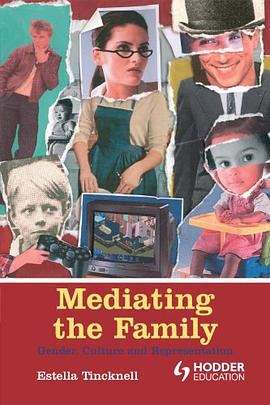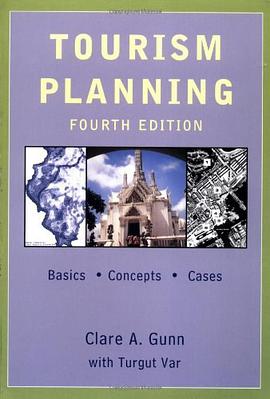

具体描述
Gender crossing has a long history in Asia. Since 1450 the Malaysian concept of "pondan" has referred to an adolescent or adult male who dresses like a woman, walks like a woman, or behaves sexually like a woman. Back then, such people were given enormous prestige and often served as sacred mediators between both males and females and humans and nature. However, gradually such people have lost this status in their culture, so much so that the current governments in Asia have sought to stigmatize, criminalize, and ultimately eliminate such gender crossers and any other non-heterosexual behavior. This account provides an understanding of the deep historical traditions of cross-dressing in ancient societies as well as the current political climate towards transvestites and homosexuals in Asia. Peletz focuses on two highly publicized court cases in Malaysia; the first involving a woman posing as a man who married a woman; the second involving a former Deputy Prime Minister who has been in prison since 1998 on allegations of sodomy. Michael Peletz, an authority on Asia and gender, makes a clear case for the influence of Western culture on ancient societies and the increasing use of governmental and religious controls. Peletz draws on the historical record as well as his own ethnographic research in the area.
作者简介
目录信息
读后感
评分
评分
评分
评分
用户评价
相关图书
本站所有内容均为互联网搜索引擎提供的公开搜索信息,本站不存储任何数据与内容,任何内容与数据均与本站无关,如有需要请联系相关搜索引擎包括但不限于百度,google,bing,sogou 等
© 2026 book.wenda123.org All Rights Reserved. 图书目录大全 版权所有




















